Introduction
In 2016, the EU adopted the General Data Protection Regulation (GDPR), one of the digital world’s greatest achievements in recent years. The EU data protection framework has been fully applicable since 25 May 2018. The GDPR has significantly strengthened data protection rules and has introduced new rights for individuals. It has also introduced new data protection obligations for organizations, including the requirement to appoint a data protection officer (DPO) in certain circumstances and the requirement to report data breaches to regulatory authorities.
The GDPR has significantly impacted organizations worldwide and has set a new standard for data protection that countries have widely adopted outside the EU. The GDPR has been widely praised for its efforts to protect individuals’ privacy and give them more control over their personal data. The GDPR specifies the responsibilities of DPOs that are focused on implementing an integrated data privacy plan in order to comply with the GDPR requirements.
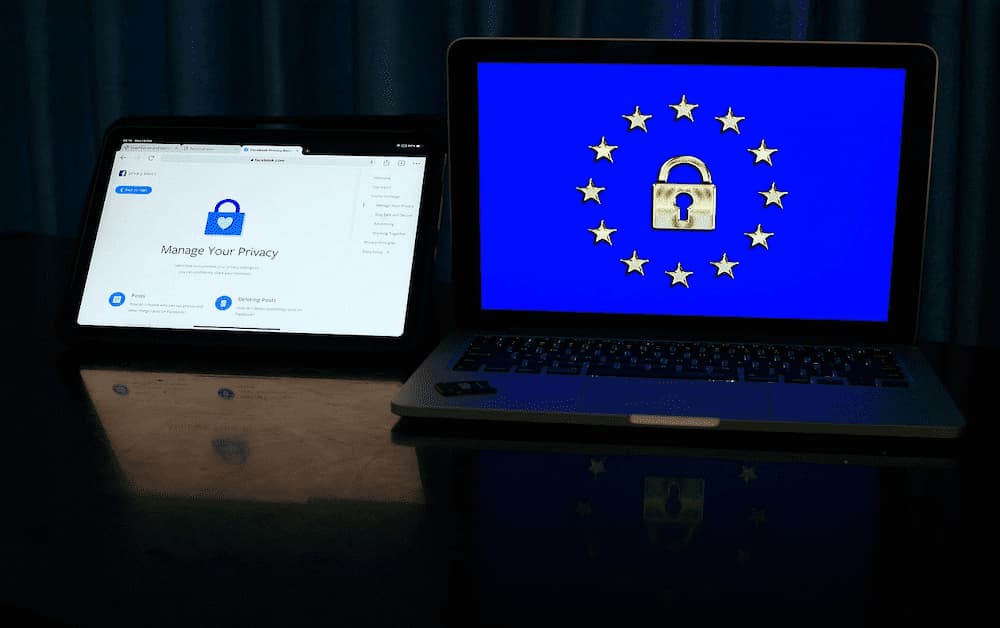
As organizations collect and process increasing amounts of personal data, the DPO role has become increasingly important so that companies will avoid large fines. The DPO is responsible for ensuring that an organization complies with data protection laws and regulations related to handling and protecting personal data and for implementing policies and procedures to protect the privacy and security of individuals.
Definition of Data Protection Officer
A Data Protection Officer (DPO) is a professional responsible for ensuring that an organization complies with laws and regulations regarding the handling and protection of personal data. This includes ensuring that the organization has appropriate measures to protect the privacy and security of personal data, training staff on best practices, and responding to any data protection-related concerns or complaints.
The DPO is also responsible for regular and systematic monitoring of the organization’s data protection policies and practices, and providing guidance and support to other employees on data protection matters. In some cases, the DPO may also be responsible for conducting a data protection impact assessment (DPIA) and interacting with regulatory authorities on data protection-related matters.
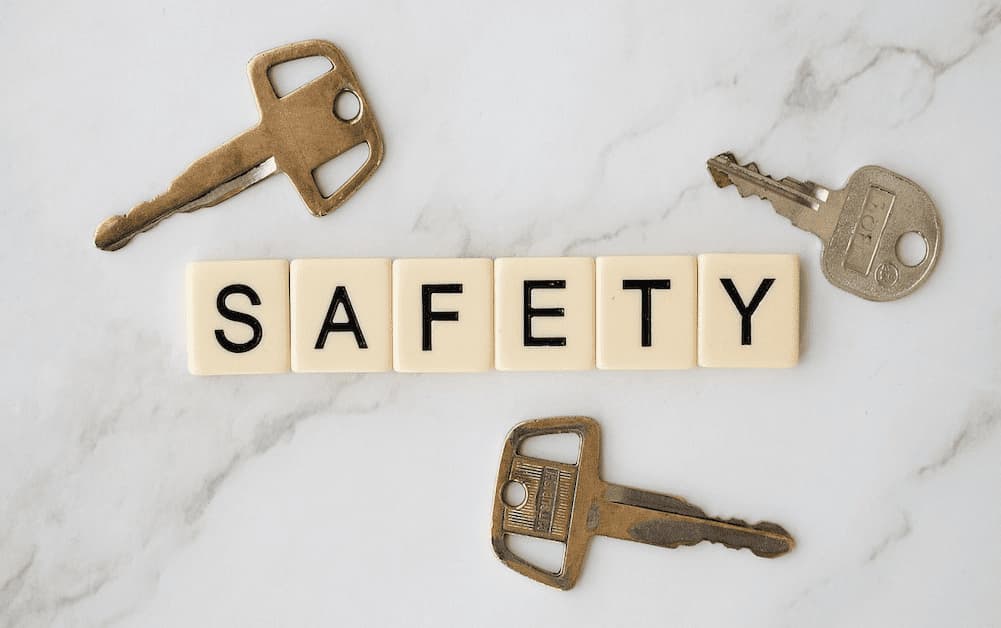
Why do you need a Data Protection Officer?
There are several reasons why an organization might need a data protection officer:
Legal Requirements
Many countries have laws and regulations that require organizations to appoint a data protection officer if they handle large amounts of personal data, or if they engage in certain types of data processing activities. For example, the General Data Protection Regulation (GDPR) in the European Union requires organizations to appoint a DPO if they are a public body, if they engage in large-scale regular and systematic monitoring of individuals, or if they carry out certain types of processing activities on a large scale.
Data protection best practices
Even if an organization is not legally required to appoint a DPO, having a dedicated professional responsible for data protection can be beneficial in ensuring that the organization is following best practices for protecting personal data.
Reputation and trust
Appointing a DPO can help demonstrate to customers, employees, and other stakeholders that the organization takes data protection seriously and is committed to protecting personal data. This can help build trust and improve the organization’s reputation.
Expert guidance
A DPO can provide expert guidance and support to other employees on data protection matters, helping to ensure that the organization is complying with relevant laws and regulations and protecting personal data appropriately.
Risk management
A DPO can help identify and mitigate potential data protection risks, helping to reduce the likelihood of data breaches or other privacy-related incidents.
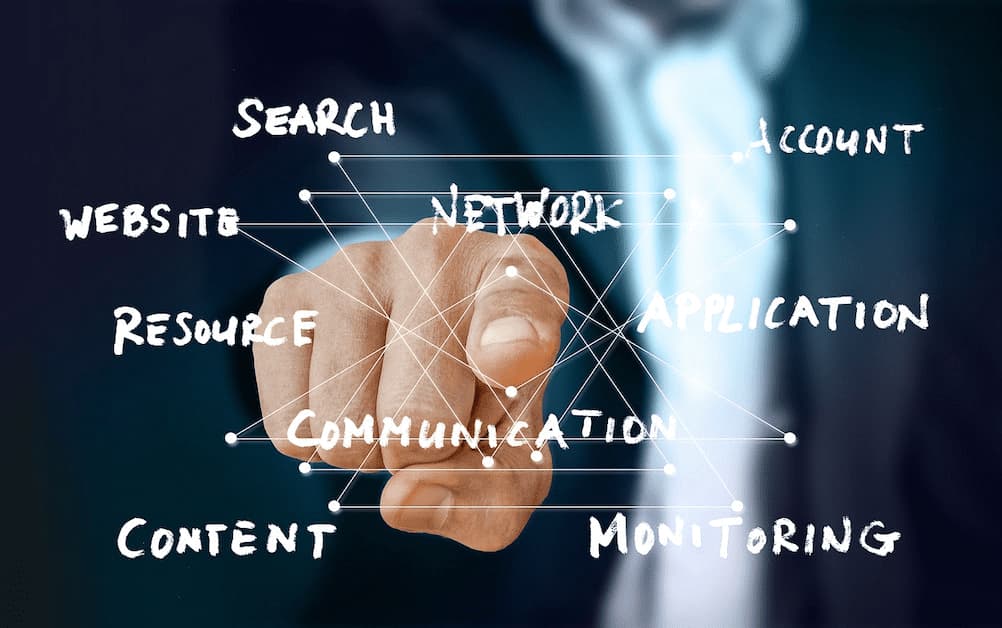
Qualifications of a Data Protection Officer
There are no specific qualifications that are required to be a data protection officer (DPO), as the specific qualifications may vary depending on the organization and the specific role and responsibilities of the DPO. However, there are certain skills and knowledge that are generally considered important for a DPO to have:
Legal knowledge
A DPO should have a good understanding of each and everyone data protection law and regulation, including any relevant national or international laws that apply to the organization.
Technical knowledge
A DPO should have a good understanding of data protection technologies and practices, including encryption, access controls, and other measures that can be used to protect personal data.
Organizational skills
A DPO should be able to manage multiple tasks and priorities and should be able to communicate effectively with employees at all levels of the organization.
Problem-solving skills
A DPO should be able to identify and resolve data protection-related issues and concerns and should be able to develop and implement effective solutions.
Communication skills
A DPO should be able to communicate complex data protection concepts in a clear and concise manner and should be able to interact effectively with regulatory authorities and other stakeholders.
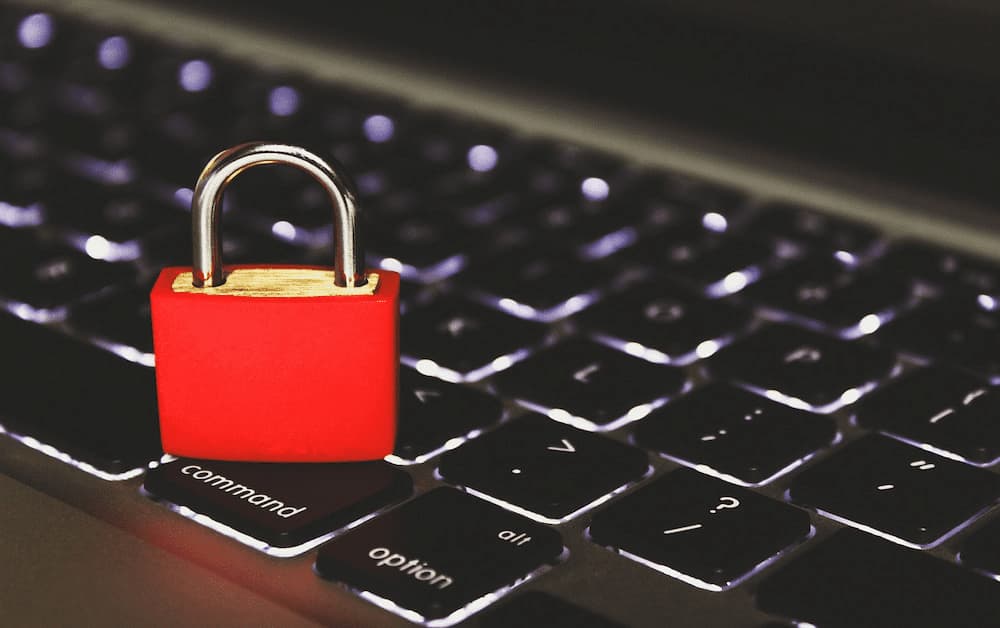
DPO responsibilities and requirements
The specific responsibilities and requirements of data protection officers (DPO) will depend on the organization and the specific role and responsibilities of the DPO. However, there are certain tasks and responsibilities that are common to many DPO positions, including:
Ensuring data protection compliance
The DPO is responsible for ensuring that the organization is complying with all relevant data protection laws and regulations, including any national or international laws that apply to the organization.
Developing and implementing data protection policies and procedures
The DPO should monitor internal compliance and be responsible for developing and implementing data protection policies and procedures to ensure that the organization is protecting personal data in an appropriate manner. This may include creating guidelines for handling personal data, training employees on data protection best practices, and developing processes for responding to data protection-related concerns or complaints.
Conducting a data protection impact assessment
The DPO may be responsible for conducting data protection impact assessments (DPIA) to evaluate the potential impact of data processing activities on the privacy of individuals.
Monitoring data protection policies and practices
The DPO is responsible for monitoring the organization’s data protection policies and practices to ensure that they are effective and compliant with relevant laws and regulations.
Providing guidance and support to employees
The DPO should be available to provide guidance and support to other employees on data protection matters and should be able to answer questions and provide advice on data protection-related issues.
Interacting with regulatory authorities
The DPO may be responsible for interacting with regulatory authorities on data protection-related matters, including responding to inquiries or requests for information.
Which companies need data protection officers?
The European Parliament, the European Council, and the European Commission endorsed GDPR to strengthen and simplify privacy protections. It is also a requirement for a DPO in all companies processing personal data on citizens in Europe. Generally, DPOs must work with all government departments if their core activities include monitoring data subjects at a high scale or where the entity performs a wide-scale processing of a special kind.
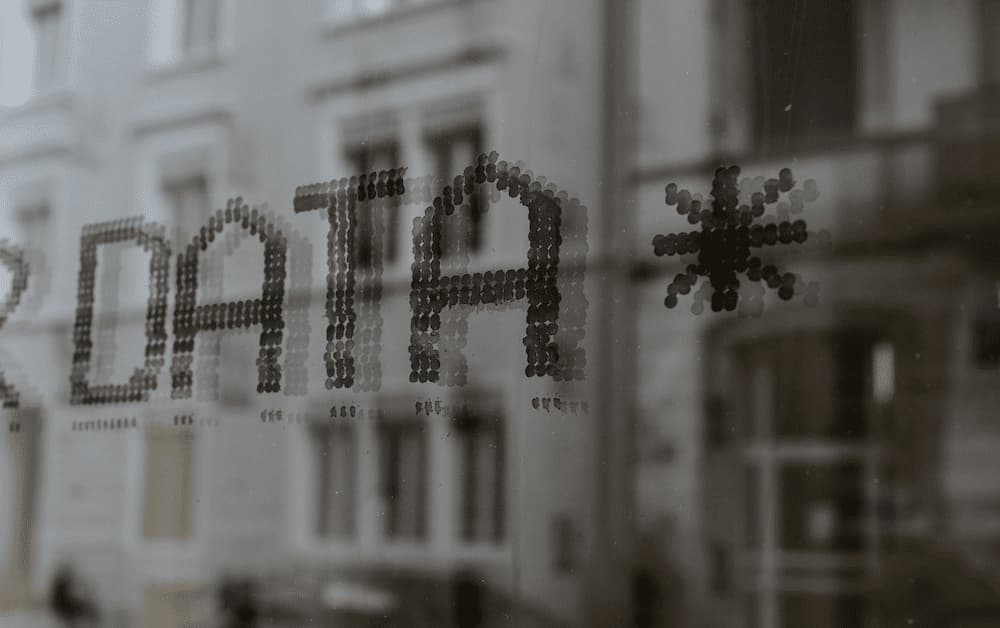
There are several types of companies that may be required to appoint a data protection officer (DPO), depending on the laws and regulations that apply to them and the nature of their data processing activities.
- Public bodies, such as government agencies and public universities, are often required to appoint a DPO.
- Companies that engage in large-scale systematic monitoring of individuals, such as online social networks and other internet-based services, may be required to appoint a DPO.
- Companies that carry out certain types of processing activities on a large scale, such as processing large amounts of sensitive personal data or processing personal data for marketing purposes, may be required to appoint a DPO.
- Depending on the laws and regulations that apply to a company, it may be required to appoint a DPO if it handles large amounts of personal data, even if it is not engaged in large-scale processing activities.
In addition to these requirements, some companies may choose to appoint a DPO even if they are not legally required to do so, in order to demonstrate their commitment to data protection and to ensure that they are following best practices for protecting personal data.
Conclusion
In conclusion, the role of the data protection officer (DPO) is critical for ensuring that an organization is complying with laws and regulations related to the handling and protection of personal data, and for implementing policies and procedures to protect the privacy and security of individuals. The DPO is responsible for a wide range of tasks, including ensuring compliance with data protection laws, developing and implementing data protection policies and procedures, conducting data protection impact assessments, monitoring data protection practices, providing guidance and support to employees, and interacting with regulatory authorities.
The DPO plays a key role in protecting the privacy and security of individuals and in helping organizations to build trust and improve their reputation. It is essential for organizations to consider their DPO requirements carefully and to select a qualified and experienced professional for this critical role.







